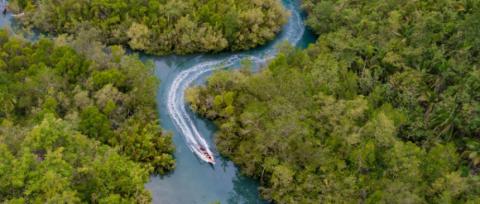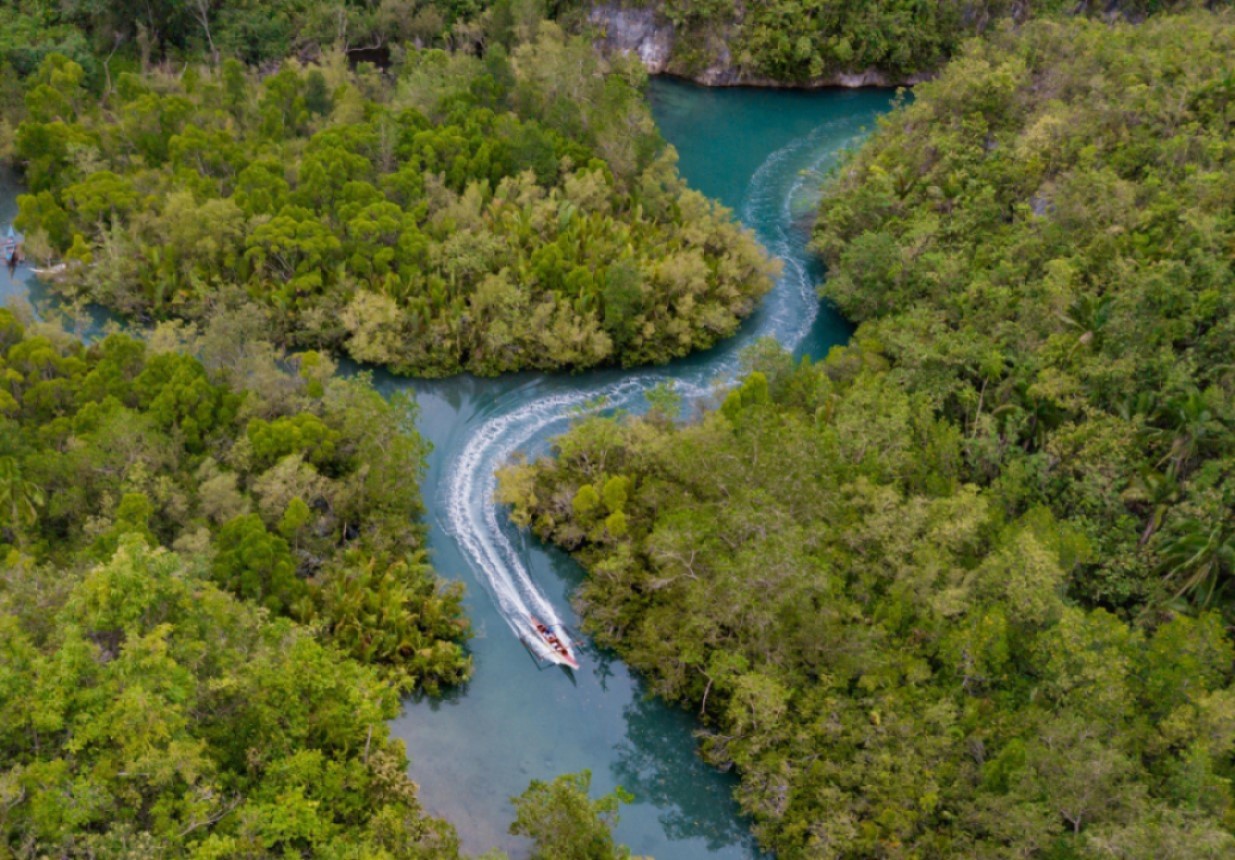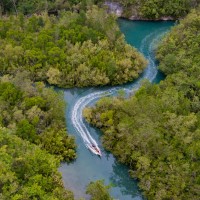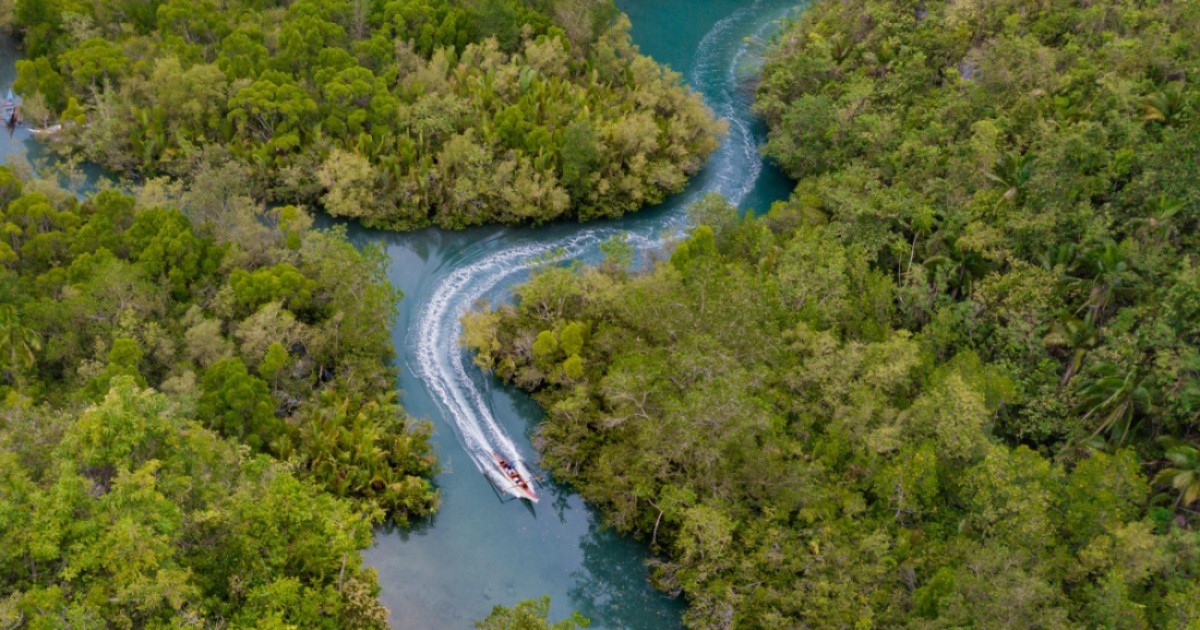
PLDT Inc. (PLDT) and its wireless unit Smart Communications, Inc. (Smart) have respectively established policies to conserve biodiversity, prevent net deforestation, and support nature-based solutions as they continue to expand presence and roll out network infrastructure across the country.
Guided by a consultation workshop with the Department of Environment and Natural Resources – Biodiversity Management Bureau and an assessment of their business impact and dependency on nature, these policies aim to enable PLDT and Smart in integrating protection measures and minimizing potential environmental damage of their business operations and value chain activities.
The Convention on Biological Diversity identifies the Philippines as one of the 18 mega-diverse countries in the world, serving as home to 75% of the planet’s biodiversity and between 70 to 80% of plant and animal species. The country, however, is also recognized as one of the top global areas for conservation due to biodiversity loss caused by climate change, overexploitation, and pollution, among others.
“As we work to connect more Filipinos through technology, we also recognize our responsibility to care for the environment. The Philippines is one of the most biodiverse countries in the world, and having strong policies in place helps ensure that we grow our business in a way that also protects our natural resources,” said PLDT and Smart Chairman and CEO Manuel V Pangilinan.
PLDT and Smart have articulated in their biodiversity policies their goals towards ‘No Net Deforestation’ and ‘No Net Loss in Natural Forest Cover’, aligning with the Philippine Biodiversity Strategy and Action Plan. These aim to ensure that every tree cut down, or every forest cover lost due to business activities is replanted, replaced, or restored through reforestation projects.
These policies define guidelines to help strengthen the group’s compliance with relevant environmental laws as they operate in or near nationally and globally protected areas across the country. In addition, the policies set out PLDT and Smart’s efforts to raise awareness on biodiversity among stakeholders, respect the rights of indigenous peoples communities, and explore use of technology to enable nature-based solutions.
Through collaborations with the government, academe, industry partners, and people’s organizations, the group has been supporting various biodiversity conservation efforts and promoting sustainable use of ecosystems such as rainforests, mangroves, seagrasses, and peatlands.
“We continue to future-proof both the business and the planet by identifying opportunities to embed sustainability in our operations. These PLDT and Smart Biodiversity Policies aim to institutionalize further responsible business practices, particularly those related to permitting for network rollouts, regulatory compliance, and operational risk management measures. We’re also anchoring on these policies to reinforce our Supplier Code of Conduct and enjoin our contractors and business partners to preserve natural resources and respect local communities as work is undertaken on our behalf,” said PLDT and Smart Chief Sustainability Officer Melissa Vergel de Dios.
PLDT and Smart follow the methodology and principles of the Taskforce on Nature-related Financial Disclosures in their approach to assess and manage biodiversity issues across their operations and value chain.
The group also aims to contribute to the United Nations Sustainable Development Goals, particularly Goal 14 on Life Below Water which aims to conserve and sustainably use oceans, seas and marine resources, as well as Goal 15 on Life on Land which advocates for the protection, restoration and promotion of the sustainable use of terrestrial ecosystems, sustainably manage forests, combat desertification, and halt and reverse land degradation and halt biodiversity loss.


